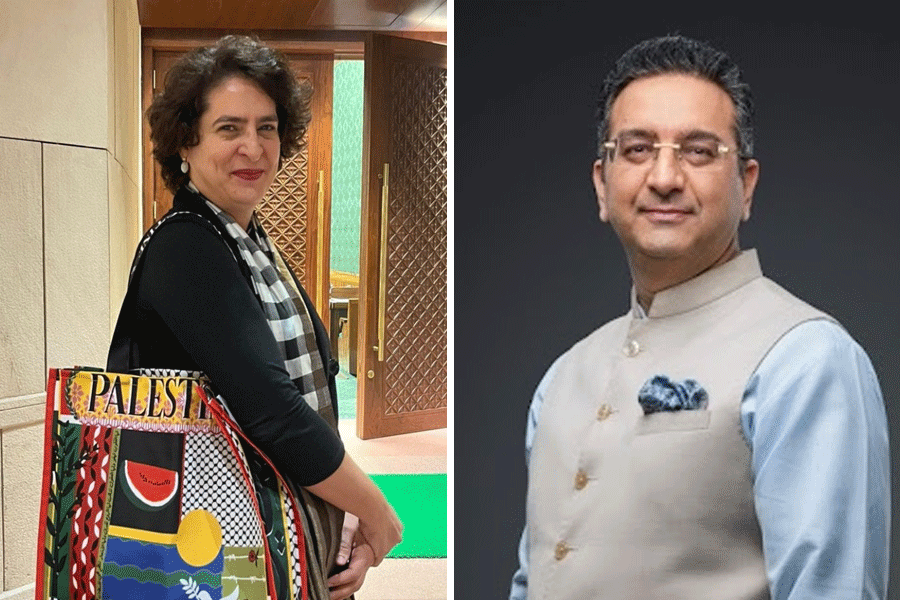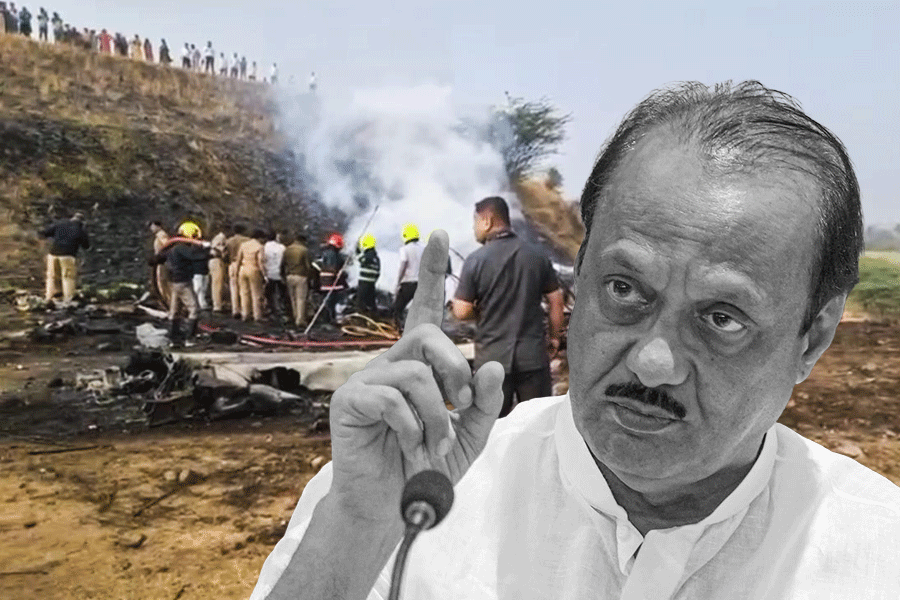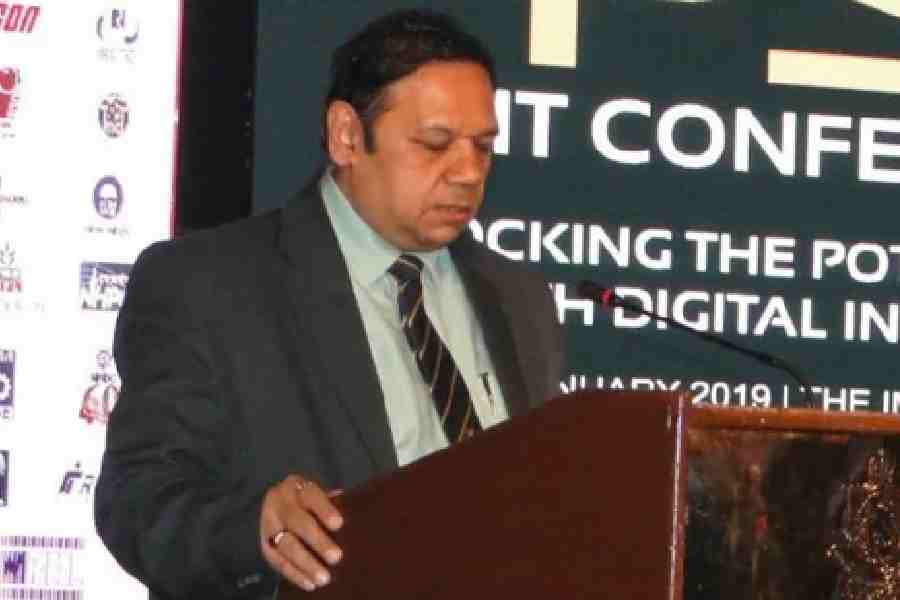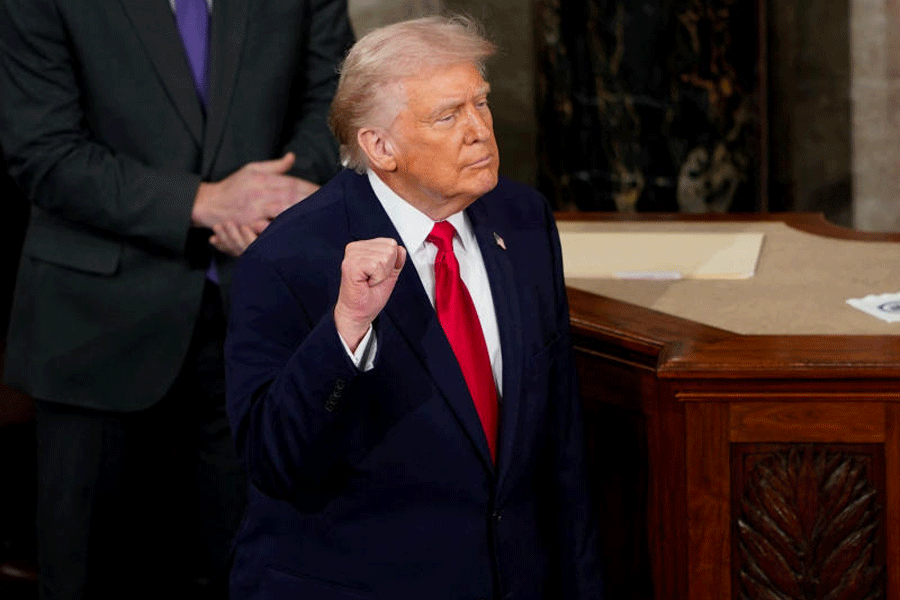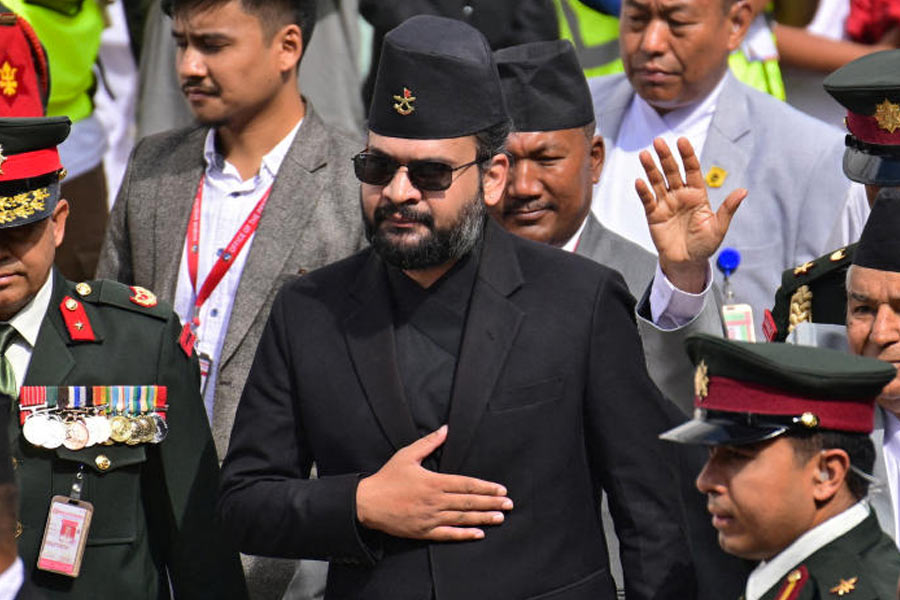Anticlimax
Sir — Bollywood romances usually portray the hero or the heroine having an epiphany during the climax. Real life, too, seems to be imitating the reel now. Recently, at a wedding in Delhi, a groom was overwhelmed with emotions when the DJ played the Hindi song, “Channa mereya”, which is about the pangs of unrequited love. The groom was reminded of his past lover and called off the wedding. While this might have been a romantic moment for the groom, the financial losses and the emotional distress his belated clarity might have caused the bride’s family cannot be condoned. That said, she definitely dodged a bullet in the long run.
Sujata Bakshi,
Mumbai
Unexpected win
Sir — The recently-concluded parliamentary elections in Canada have thrown many surprises (“Carney wins Canadian election”, April 30). Despite the strong anti-incumbency wave, the Liberal Party managed to rout its rival, the Conservative Party. But it failed to win a majority and will need help from smaller parties to form the government. The replacement of Justin Trudeau with Mark Carney as the leader of the Liberals ahead of the polls proved to be a smart move.
D.V.G. Sankara Rao,
Andhra Pradesh
Sir — Pierre Poilievre, the leader of the Conservative Party, was expected to win the Canadian election even a few months ago. But threats by the president of the United States of America, Donald Trump, to impose high tariffs and annexe Canada as the 51st state turned things around for the Liberal Party.
Although a political novice, Mark Carney has been a two-time Central banker which makes him experienced enough to handle Canada’s economic crisis. It is hoped that Carney will reset ties with India that hit rock bottom during Justin Trudeau’s tenure.
Bal Govind,
Noida
Sir — The reckless undermining of Canada’s sovereignty and threat of high tariffs by Donald Trump played a major role in Mark Carney’s victory. Carney’s aggressive stance against Trump’s policies found resonance among voters. His message of ‘Canada Strong, Canada Free’ reinforced the notions of self-respect, sovereignty and economic survival.
Carney’s win could also bode well for Canada’s ties with India. New Delhi has been a key trade and strategic partner for Ottawa. With the global order shifting and US politics becoming unpredictable, deeper India-Canada engagement can offer stability.
Khokan Das,
Calcutta
Sir — Mark Carney’s victory in Canada’s federal elections reminded me of an old Hindi song, “Na na karte pyar tumhi se kar baithe”, from the 1965 Hindi film, Jab Jab Phool Khile. Leaders of most countries, including the US and India, did not want the Liberal Party to win the elections and favoured the Conservative candidate, Pierre Poilievre.
However, as the election results indicated a clear victory for the Liberals, most world leaders — from Donald Trump to Narendra Modi — grudgingly congratulated Carney for his electoral success.
Jang Bahadur Singh,
Jamshedpur
Political grief
Sir — The problem of the ordinary citizenry’s response to the Pahalgam horror is rightly diagnosed by T.M. Krishna in the article, “Undivided healing” (April 25). The incident has, once again, exposed the fault lines of Indian society — we do not unite in grief but in hatred. The violent rhetoric propagated by the right-wing ecosystem has fuelled hatred against Muslims. This uncontrolled vitriol is traumatising Muslims whose identity as Indians has become contingent on their condemnation of Pahalgam terrorists. Universal love, Krishna rightly argues, is the only means to counter this rising sectarianism.
Monirul Islam,
Calcutta
Sir — T.M. Krishna uses M.K. Gandhi’s approach to the Noakhali riots as a perfect template for healing the victims of the Pahalgam terror. Several Hindus, as well as a Muslim, succumbed to the Pahalgam terror attack. Tracing the religion of the victims undermines collective healing. What is required is universal redressal of the plight, irrespective of religion.
T. Ramadas,
Vishakapatnam
Sir — In “Body double” (April 27), Asim Ali employs heavy prose to call out the communalisation of the Pahalgam massacre. However, Ali’s likening of the polarisation by Indian mainstream media, Bharatiya Janata Party leaders and right-wing social media accounts to the Islamist extremism of Pakistan-sponsored terrorists was far-fetched. The butchering of innocent tourists in Kashmir was disconcerting and not comparable in scale.
Ajay Tyagi,
Mumbai
Lost ideal
Sir — The editorial, “Ideal practice” (April 30), deals with the concept of pro bono. The prospect of material gain drives most lawyers these days. Pro bono is reduced to a chapter in the syllabus that students of law might consider as an option during their careers.
A.G. Rajmohan,
Andhra Pradesh


